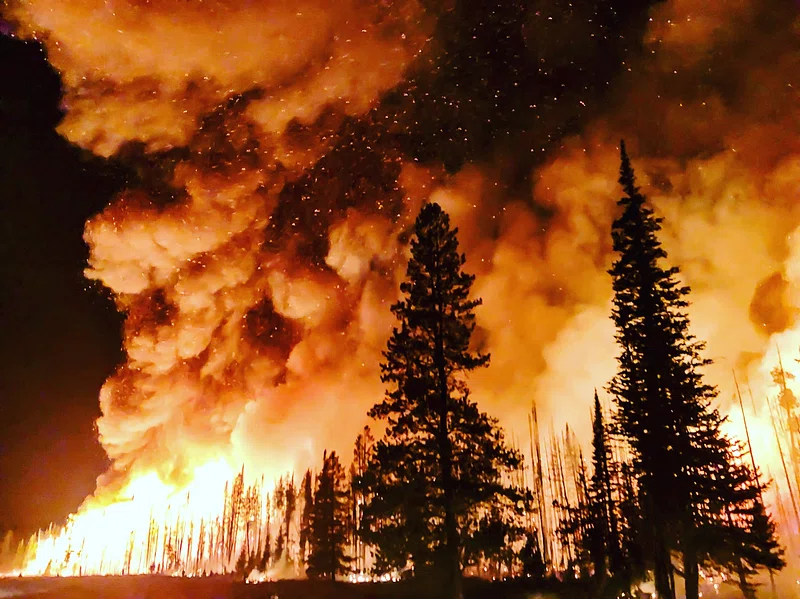2023 Destroys Global Heat Record as Fossil Fuel Emissions Boil the Planet
Original article by JAKE JOHNSON republished from Common Dreams under Creative Commons (CC BY-NC-ND 3.0).

“How many more records does it take before we phase out fossil fuels and deal with it?” asked one climate campaigner.
European scientists officially confirmed Tuesday that 2023 was the hottest year on record, surpassing 2016 by a huge margin as greenhouse gas emissions from fossil fuels continue to drive global temperatures to terrifying new highs.
The conclusion from the European Union’s Copernicus Climate Change Service was hardly unexpected given the unparalleled heatwaves that gripped large swaths of the planet last year, ushering in what the head of the United Nations called “the era of global boiling.”
Last year’s global average temperature was 14.98°C, 0.17°C warmer than 2016, 0.60°C warmer than the 1991-2020 average, and 1.48°C warmer than the 1850-1900 pre-industrial level, according to Copernicus.
“2023 was an exceptional year with climate records tumbling like dominoes,” said Copernicus deputy director Samantha Burgess. “Not only is 2023 the warmest year on record, it is also the first year with all days over 1°C warmer than the pre-industrial period. Temperatures during 2023 likely exceed those of any period in at least the last 100,000 years.”
Liz Bentley, chief executive of the U.K.’s Royal Meteorological Society told CNN on Tuesday that after last year’s record-shattering summer, scientists predicted that global warming would reach around 1.3°C above pre-industrial levels.
That projection, Bentley said, has been “annihilated” by the new Copernicus data, which shows that planetary warming is perilously close to the Paris accord’s 1.5°C target.
“If you look at climate projections, when we expect to see temperature changes of close to 1.5°C, indeed it has come sooner than many would have expected,” Bentley added. “We’ve definitely seen an acceleration towards that, rather than it being a kind of linear progression. It feels like it’s rising much more exponentially.”
Scientists expect 2024 to be even hotter than last year, raising the stakes for badly lagging global efforts to rein in planet-warming fossil fuel production, which in 2023 hit record levels in the United States—the largest historical contributor to greenhouse gas emissions.
“How many more records does it take before we phase out fossil fuels and deal with it?” asked climate campaigner Mike Hudema.
Copernicus director Carlo Buontempo said in a statement Tuesday that “the extremes we have observed over the last few months provide a dramatic testimony of how far we now are from the climate in which our civilization developed.”
“This has profound consequences for the Paris Agreement and all human endeavors,” said Buontempo. “If we want to successfully manage our climate risk portfolio, we need to urgently decarbonize our economy whilst using climate data and knowledge to prepare for the future.”
Original article by JAKE JOHNSON republished from Common Dreams under Creative Commons (CC BY-NC-ND 3.0).



